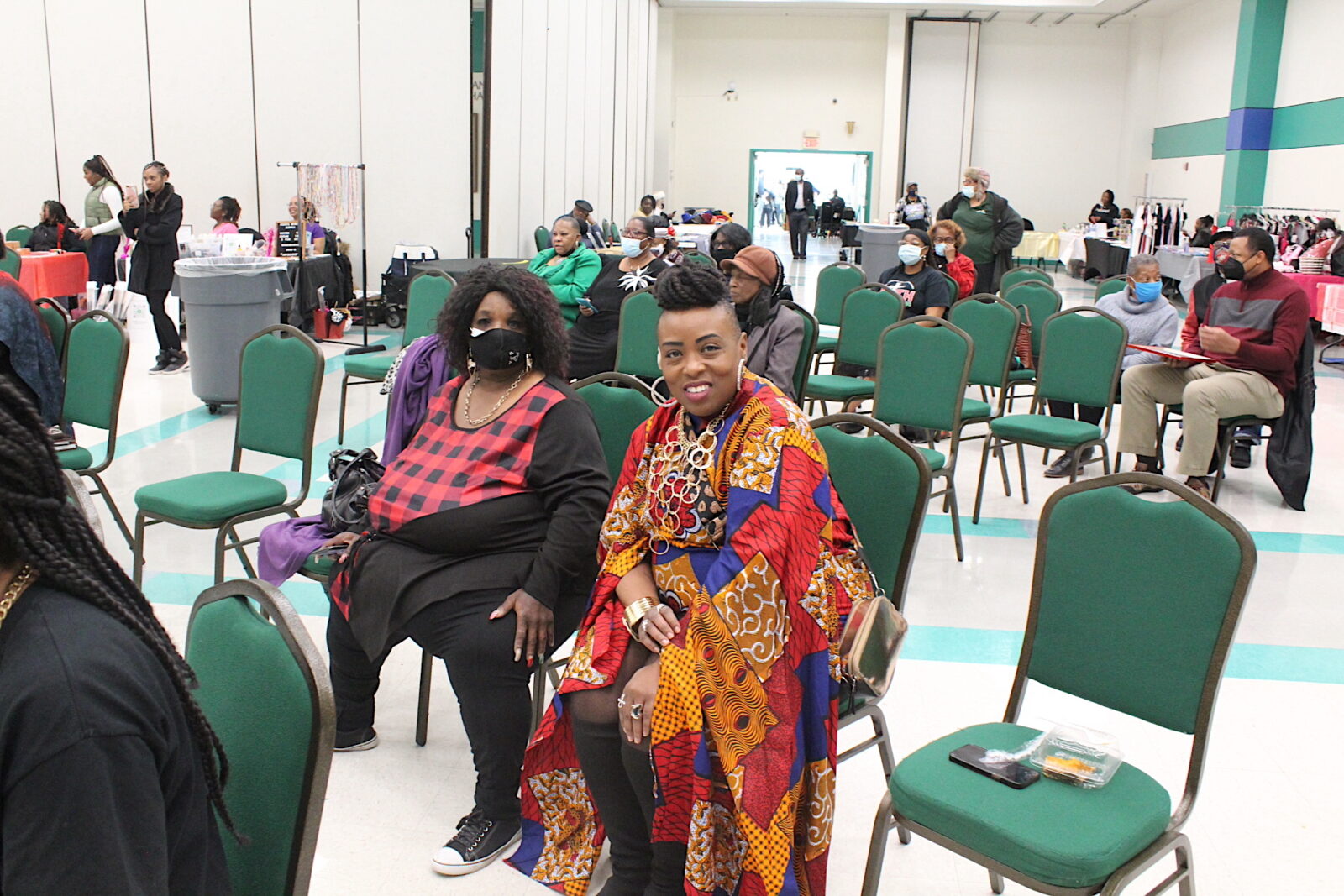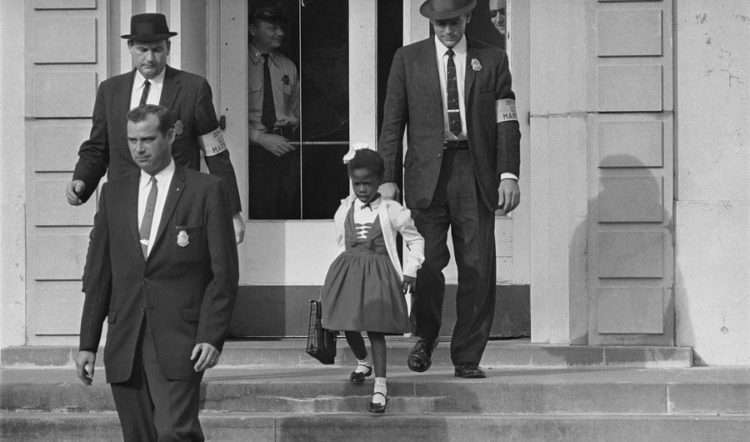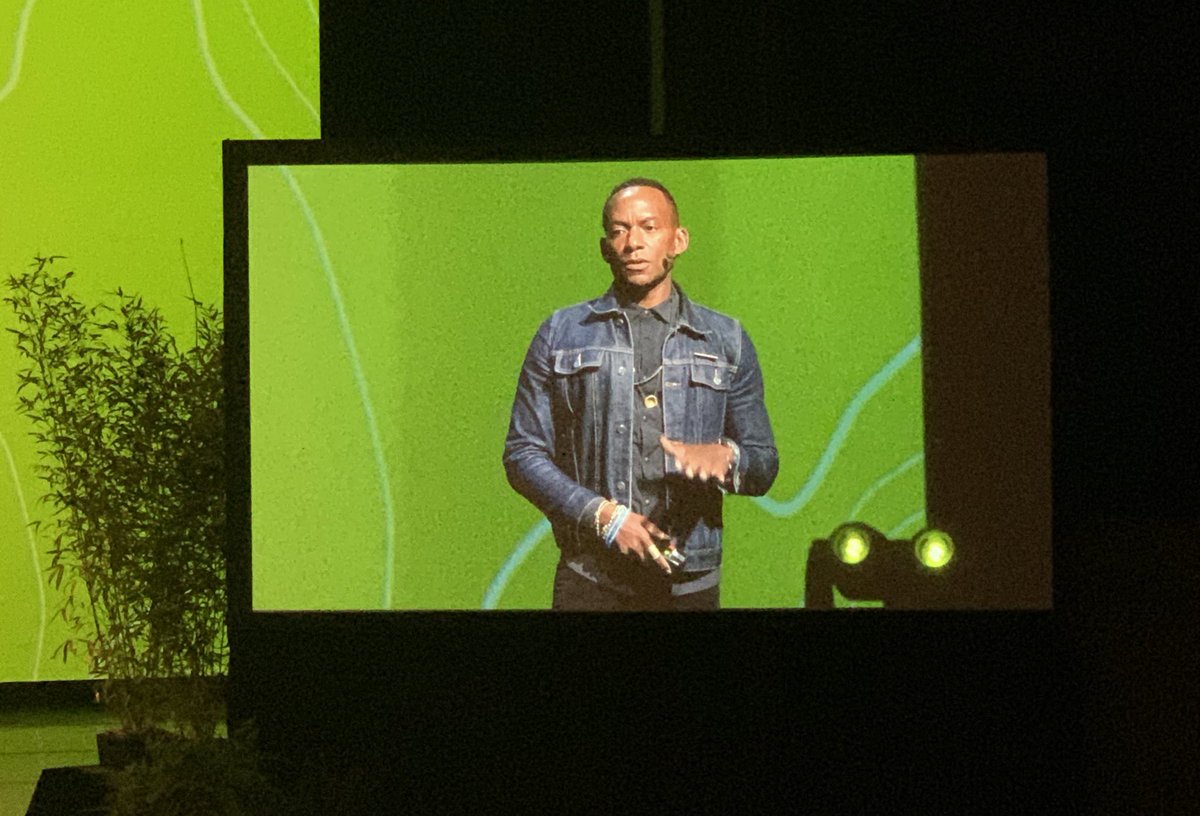The ninth annual Black Wall Street Heritage and History Festival took place this past weekend, featuring everything from a fashion show to food tastings, singing and arts and crafts exhibitions. All events took place Saturday and Sunday at the Greenwood Cultural Center.
This year’s theme was Black Churches Matter. Organizer Billie Parker kicked off events Saturday morning with a salute to 15 Tulsa Black churches which were established more than a century ago. The Black Wall Street (BWS) Market, which Parker owns, hosts the annual Festival.
Attendees paid a $10 donation to attend the festival. The proceeds contributed to the community pride garden school, which teaches children to grow their own food in North Tulsa. The BWS Market is also selling a calendar commemorating each church.
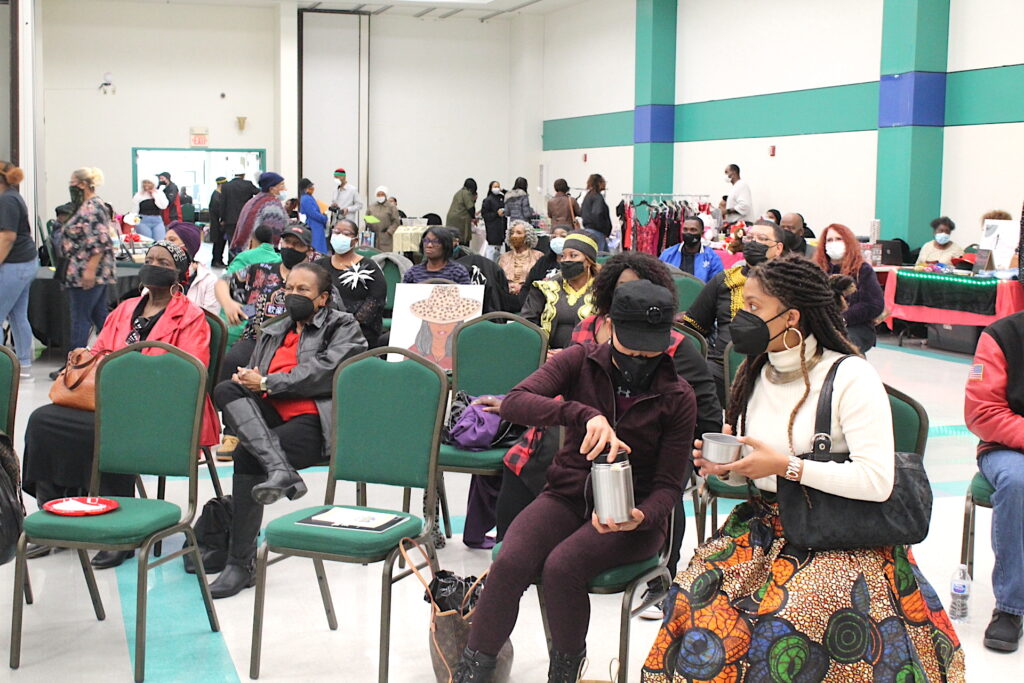
“Although it’s been said to me that the church isn’t what it used to be I feel they need to be honored,” said Parker. “Many of the churches now hold 501©3 government status for guaranteed funding and that affected the source of progress.”
Other activities held during the weekend included vending, Soul Food tasting, drumming, spoken word presentation, Sugar Chic Glam Fashion show, and dancers.
The success of today’s churches is largely due to the renaissance achieved out of calamity. Black Churches in America started in 1758. The grit and determination of these churches helped create a new era of revival in Tulsa’s black church. After the Emancipation Proclamation on January 1, 1863, was passed Black churches became virtually the only place for African Americans to find refuge.
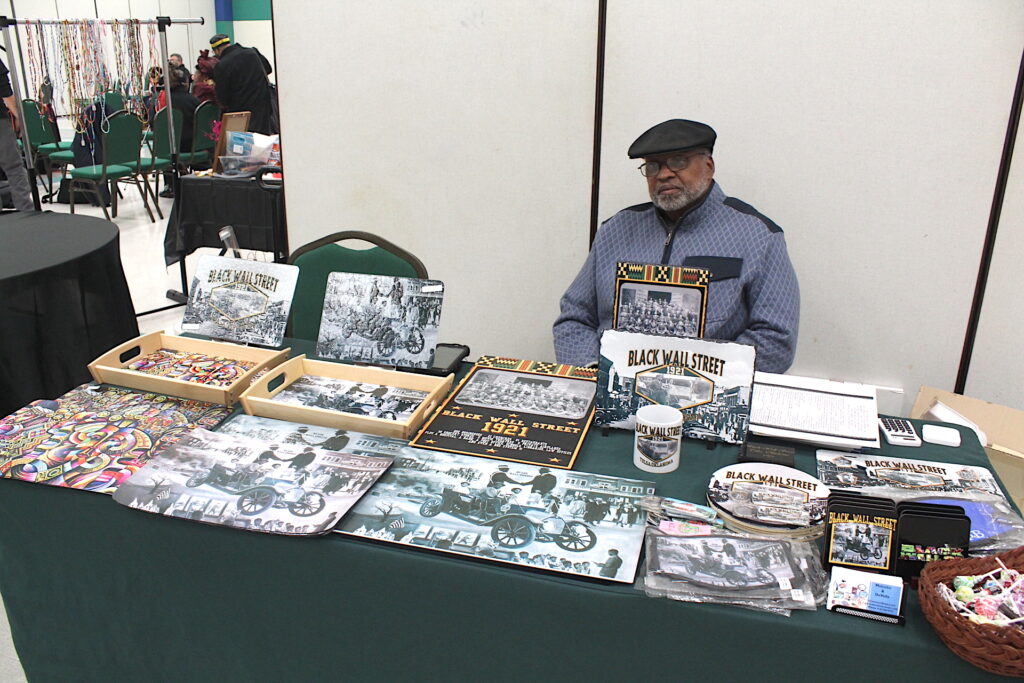
Nineteenth-century Black churches ministered the needs of the soul and served a host of secular functions, which placed them squarely in the center of Black social life.
The 1800s ushered in many milestones and the Baptist church lead the spread throughout the south. In 1865 the African Methodist Episcopal (AME) church emerged as second largest with national membership of four hundred thousand. In 1886, the National Baptist Convention was created in an attempt to reduce the influence of white national bodies among Blacks.
Fast forward to the 20th century and the Black church has established social and political power bases for African Americans. Black churches provided organizational base and meeting place for African Americans to strategize their moves in the on-gong fight against racial segregation and oppression. This organization for black equality allowed the church to increasingly become targets for racially motivated violence. This violence came in the form of bombing and burning of these churches along with destroying what we know as Negros Black Wall Street in Greenwood district of Tulsa in 1921.
The Tulsa churches that were honored
- First Baptist Church, est. 1899 (123 yrs.)
- Christ Temple, est. 1903 (118yrs)
- Vernon AME, est. 1905 (117 yrs.)
- Historic Burford Colony COGIC est. 1907 (115 yrs.)
- Mt. Zion Baptist Church est. 1909 (113 yrs.)
- Paradise Baptist Church, est. 1912 (110 yrs.)
- Morning Star Baptist Church, Est 1916 (106 yrs.)
- St. Monica Catholic Church, est. 1925 (97 yrs.)
- Metropolitan Baptist Church, est. 1917 (105 yrs.)
- St. Andrews Baptist Church, est. 1923 (99yrs)
- North Greenwood, First COGIC, est. 1917 (105 yrs.)
- Calvary Baptist, est. 1917 (105 yrs.)
- New Bethel COGIC, est. 1920 (102 yrs.)
- Friendship Church, est. 1922 (100 yrs.)
- Greater Lansing COGIC, est. 1923 (99 yrs.)







